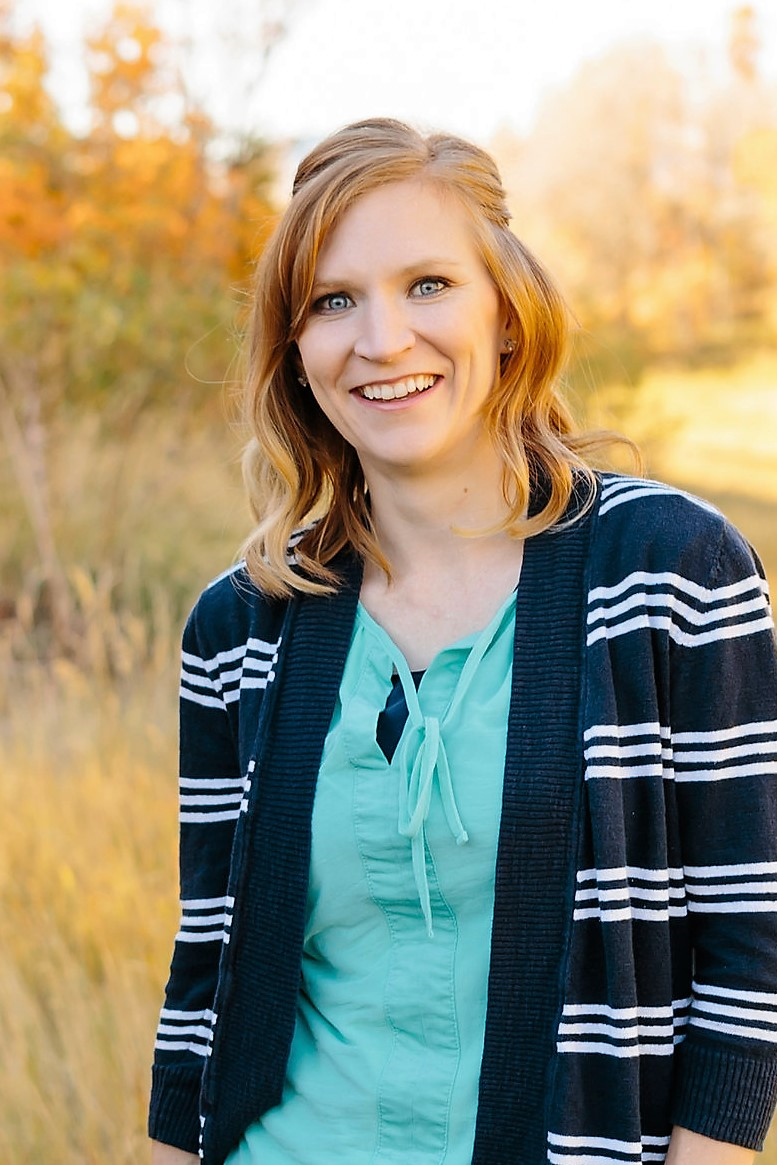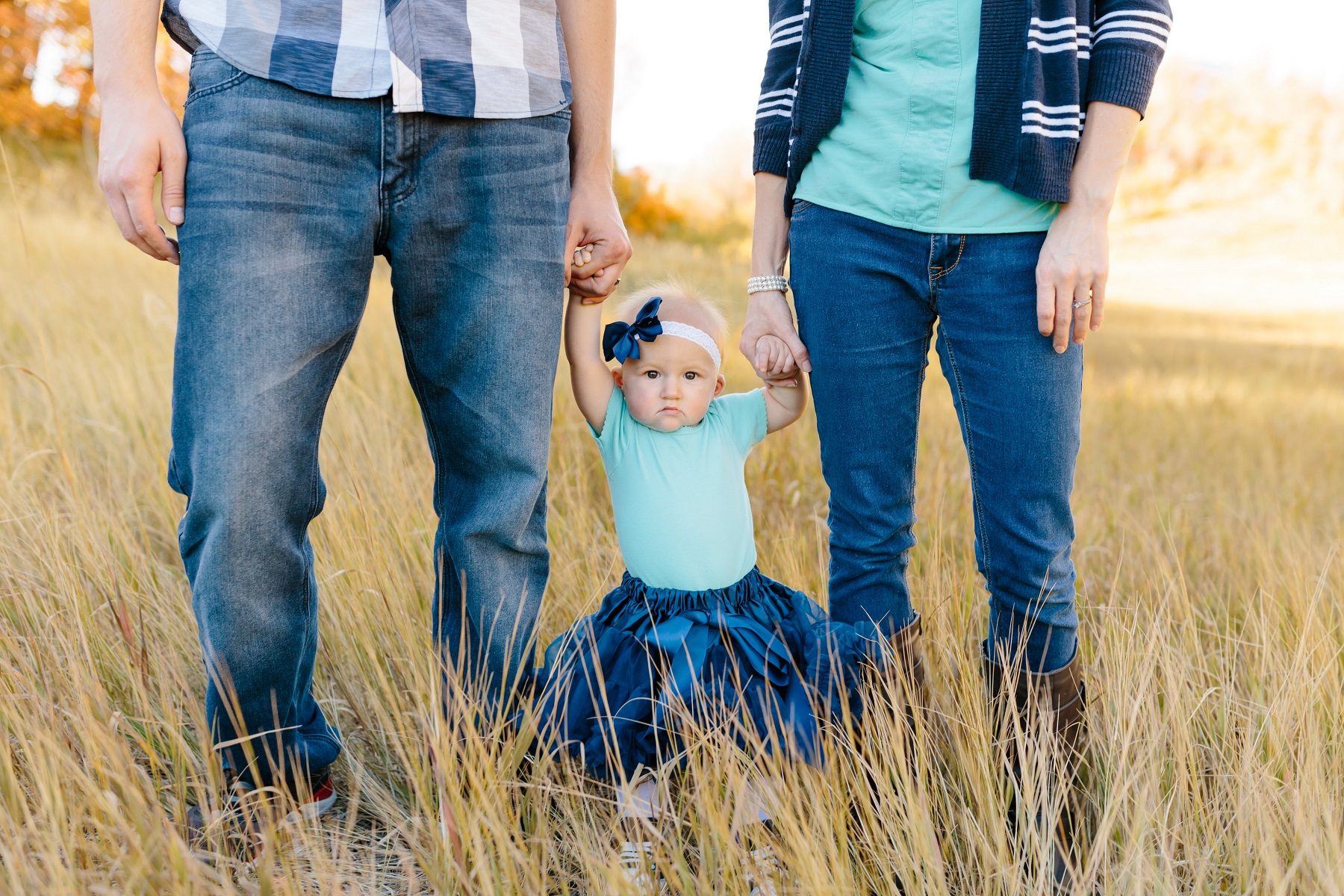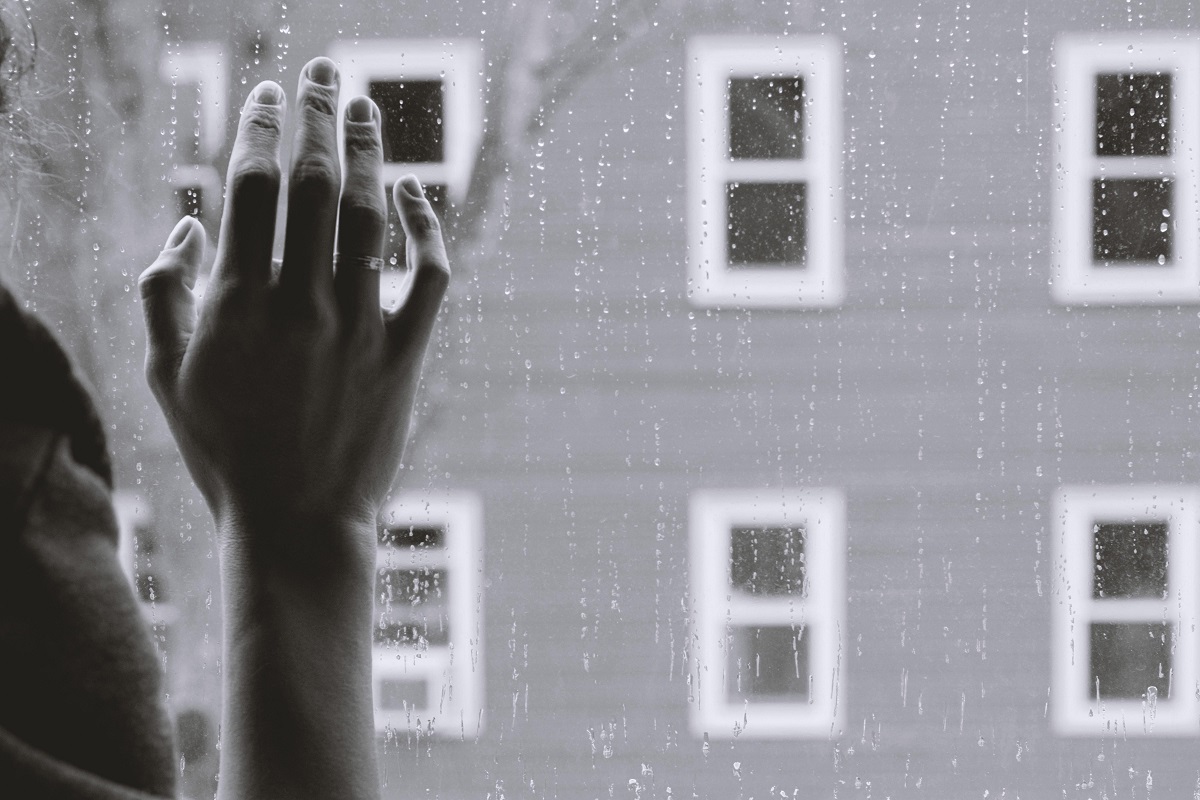The Just-World Phenomenon: 5 Things that Transformed me From Victim-Blaming to Empathizing
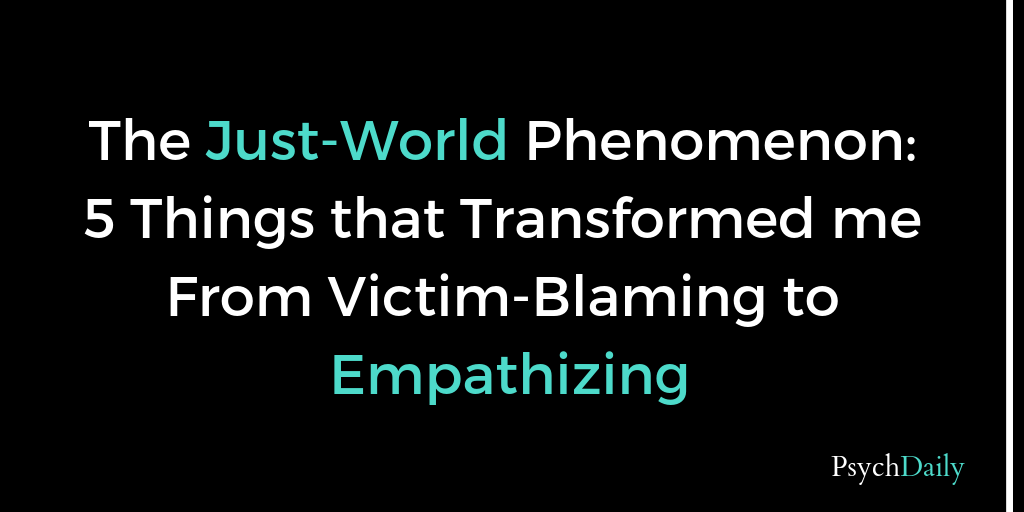
When slavery existed in the United States, slaveholders perceived slaves as innately lazy, ignorant, and irresponsible—as having the very traits that justified enslaving them. Stereotypes rationalize inequalities.
- Psychology, David Myers and Nathan DeWall p. 501
Have you ever learned something new, and then you start to spot it everywhere? This Baader-Meinhof Effect is what my experience has been after learning about the Just-World Phenomenon. I can’t stop seeing it. In articles. In newsfeeds. In conversations.
The Just-World Phenomenon is the idea that those who are on top of the social latter, those with money, power, and influence, believe the world is just. Those in the middle think the world is somewhat just, and those at the bottom believe the world is unjust.
The Just-World Phenomenon is the Ultimate Blame-the-Victim Worldview
Growing up, I was one who believed that people got what they deserved. Much of this mindset not only stemmed from privilege that accompanies “the top”, but also from being immersed in Utah religious beliefs and norms. If you were righteous, you were blessed, spiritually, financially, etc., and if you were struggling in life, it’s probably because you were unrighteous. It was your fault. There was constant talk of the second coming of Jesus Christ, a reminder that the wicked would be burned. Seeing natural disasters as a child I wondered, “What bad things did these people do?”
I had heard that people with dark skin were fence-sitters in the pre-existence. That is, as spirits before birth, dark-skinned people were not as committed to God’s plan as fair-skinned people. This helped me explain why black people were more likely to be in poverty and living on government assistance in the US. It was just natural that they would suffer more on Earth.
Now your thinking has likely always been more nuanced than my simple black and white view of the world. The older I get, the more I realize how harmful it is to believe people always get what they deserve. One extreme case was of a man who learned of the Holocaust during WWII and thought, I wonder what atrocious things the Jews must have done to deserve this. He had an underlying assumption that the world is just, leading him to blame the victim rather than the offenders.
Explanations arise to try to make sense of our world. There must be a reason why bad things happen to good people. Some thought women had labor pains because Eve was the first to partake of the forbidden fruit. Slave owners used the bible to justify their inhumane treatment of slaves. Sweatshop owners using third-world children have claimed they are providing jobs. Even just recently in the US, news broke that immigrant children in detention centers were being sexually abused and one commenter wrote, “Their parents should not have brought them here illegally.” It’s easy to see the world as just when you’re on top.
Those at the top benefit when they can persuade others to have this simplistic karma-like thinking. For example, Richard Sackler, president for one of the most profitable drug companies on the planet, tried to shift the blame of the opioid epidemic from drug makers to addicts. In an email he wrote, “We have to hammer on abusers in every way possible. They are the culprits and the problem. They are reckless criminals.” Though evidence is now rampant that pharmaceutical companies have played a large role in the hundreds of thousands of opioid deaths. If the world is perfectly just, those suffering from addiction deserve the horrific consequences of their choices.
The world is often not just. Bad things sometimes happen to good people through no fault of their own.
Five things that have influenced my worldview on justice
1. There is no Inherent Genetic Hierarchy in Humanity
Thankfully the Church of Jesus Christ of Latter-day Saints no longer condones the myth that dark-skinned people were fence-sitters in the pre-existence. Evidence to me that there is no inherent moral character flaw to explain why blacks in the United States live in poverty at higher rates than whites.
There also is no evidence that certain genes make one race naturally intellectually superior to another. Race is not a neat construct, and humans are much more alike genetically than they are different. Research indicates that while genetic inheritance of intelligence varies from person to person, it does not explain group differences.
2. Bad Decision-Making Can Be Explained by Many Factors such as Toxic Stress Instead of Character Flaws
While I used to judge those who spent their limited funds on cigarettes instead of kale and spinach, I have a better understanding of how higher levels of cortisol in your blood from chronic stress can lead to poor decision making.
The effects of stress on those who are struggling is toxic. It can literally lower IQ. One study looking at sugarcane farmers in India found cognitive performance depended on whether they were tested before or after harvest. These individuals relied on the annual harvest for at least 60 percent of their income and sugarcane harvests occur only once a year. This result aligned with other findings indicating that “pressing financial concerns had an immediate impact on the ability of low-income individuals to perform on common cognitive and logic tests. On average, a person preoccupied with money problems exhibited a drop in cognitive function similar to a 13-point dip in IQ, or the loss of an entire night’s sleep.”
Poverty has the largest effects on people’s later wellbeing if they were in poverty between 0 and 2 years of age, a time before children can even make decisions for themselves. The effects of poverty are compounded over time. As one religious leader wrote, “Economic deprivation is a curse that keeps on cursing, year after year and generation after generation. It damages bodies, maims spirits, harms families, and destroys dreams.”
Brain scans from children in low- and high-income families show striking differences in areas involved in memory, language processing, and decision-making and self-control. If a child is born addicted to heroin, has insufficient nutrition, and has no books or educational toys, her brain is going to look different than other children, and those effects will get larger over time if she’s simply punished and shamed for not acting as the other kids do. Her pathway has been set on a track since birth that she could not control.
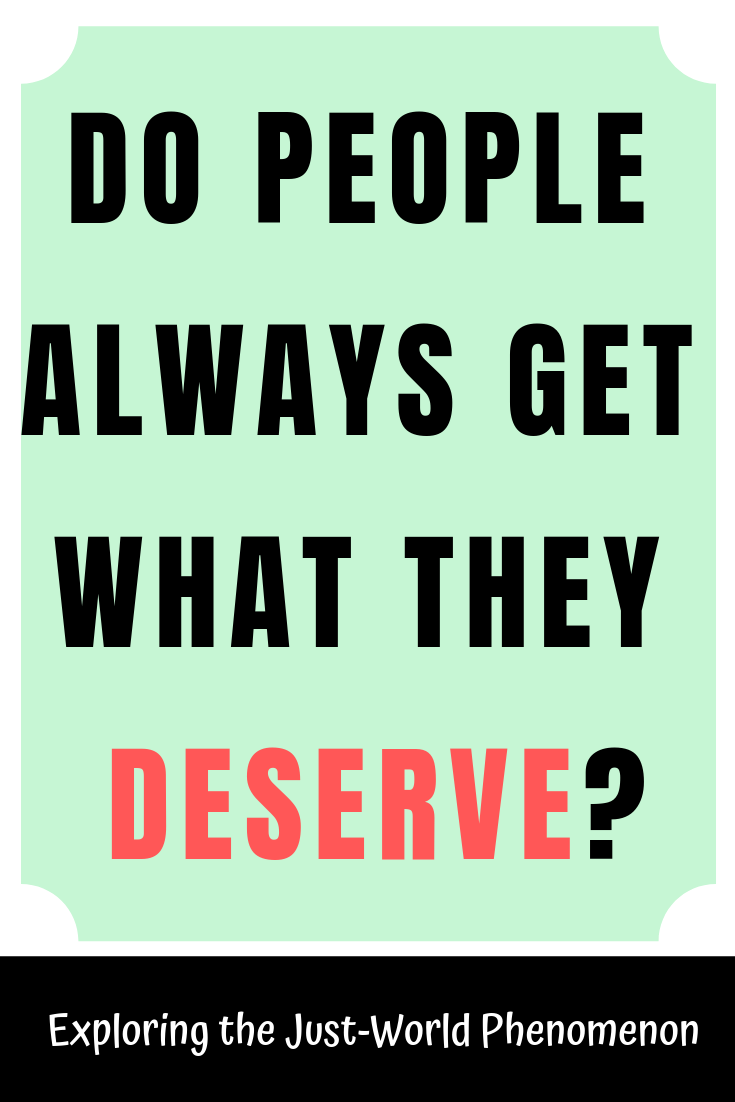
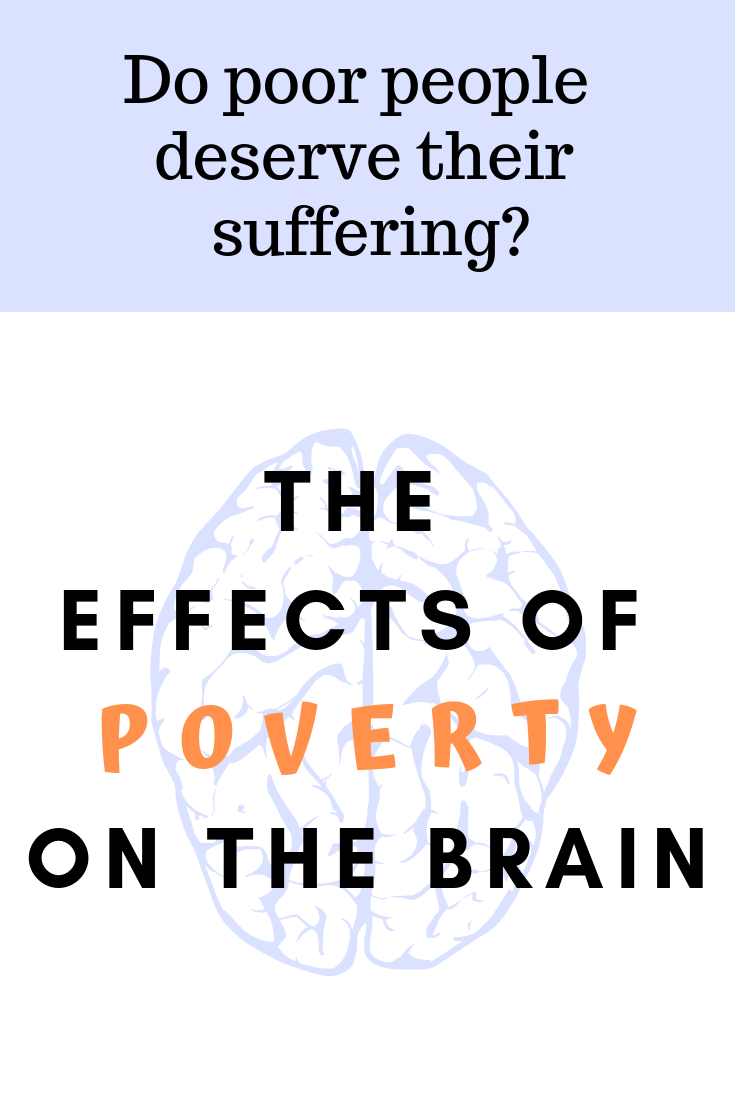
3. Privilege at “The Top” Can be Unearned and Undeserved
The third point that has hit me hard was a talk from a leader in my church. One of the most respected and revered apostles, Elder Jeffery R. Holland said,
I openly acknowledge the unearned, undeserved, unending blessings in my life, both temporal and spiritual… I do not know all the reasons why the circumstances of birth, health, education, and economic opportunities vary so widely here in mortality, but when I see the want among so many, I do know that “there but for the grace of God go I.”
It was profound to hear that a man with such an intimate relationship with God believes even he doesn’t deserve his blessings. If he did not earn or deserve his blessings, I certainly don’t.
This shift in worldview has helped me see those who are suffering with a bit more compassion. I personally happened to get adequate nutrition as a child. I happened to live in a safe neighborhood. I could not have dreamed of graduating with a Ph.D. or marrying an amazing man if I were fleeing gang violence or taking care of an infant that resulted from rape as a teenager. I did not earn the privilege and safety net I began with.
My divorce from karma-like ideology has transformed my blessings from rewards to responsibility.
4. Experiencing Injustices Personally Can Breed Empathy
One painful event that influenced my mindset was feeling injustice myself. There’s nothing quite as humbling as experiencing hardship firsthand. When I was paying for my son’s birth through our insurance company, I had made a mistake about an important date. This led to a bill that was thousands of dollars more than my husband and I had planned. I tried correcting it with hours of long phone calls and letters. Finally, the insurance company said they had corrected the error and I was relieved. However, I soon learned they changed the wrong date, and the problem wasn’t fixed at all. At this point in the process, they said nothing more could be done.
The feeling of injustice was overwhelming. Could I be to blame? Certainly. I had made the initial mistake on the paperwork. Did I feel it warranted thousands of dollars more on my bill? No way! Though my experience was much milder than what many others have suffered, it made me more understanding of how others feel when faced with injustices.
5. Humanizing Those at The Bottom Fosters Compassion
The last thing that has changed my worldview is hearing stories from those who struggle themselves such as refugees. The people who leave their home country with nothing in order to give their family a chance at life are prime examples of how the world is not always just. It is one thing to see numbers on a screen, but I gain a human connection when I learn about their experiences. These are people who may look or talk differently than me, yet we both want safety for our children. We both want opportunities to learn and friendships to build.
One amazing nonprofit that helps bring this to light is called Their Story is Our Story. This organization sheds light on the current refugee crisis throughout the world. As their website says, “We hope to displace fear with consideration, misconception with understanding, and indifference with compassion. Our purpose is to create a shared realization that Their Story is Our Story.”
One of the founders Melissa Dalton-Bradford recently shared a post from Bangladesh, one of the poorest countries in the world housing hundreds of thousands of refugees, 60 percent of whom are children. Melissa was pictured hand in hand with 2 such children and wrote,
Fatima and Abrahaman, sister and brother, were wandering the beach. Both children wore the signs of poverty or severe neglect: They were shoeless, unbathed, scarred from bug bites and unhealed injuries, and clearly starved for affection. We walked like this for at least 10 minutes. People gawked at us. I asked Fatima where papa was. She babbled something incomprehensible. Then I asked where mama was. More incomprehensible babbling except “Burma” (Myanmar) and the gesture of having one’s throat slit.
I assume the child was referencing the Myanmar army, who have committed atrocities on the Rohingya people including looting and burning down villages, mass killing of civilians, gang rapes, and other sexual violence.
Why is it that one of the poorest countries in the world is a hotspot for refugees? Of course, the factor of proximity, but also because they get it. They know the struggle. They relate.
One neuroscience study found that the part of the brain related to empathy responded more strongly to the pain of others when the participant was from a lower socioeconomic class. Struggle breeds empathy. Those at the bottom know the world is unjust because they’ve lived it.
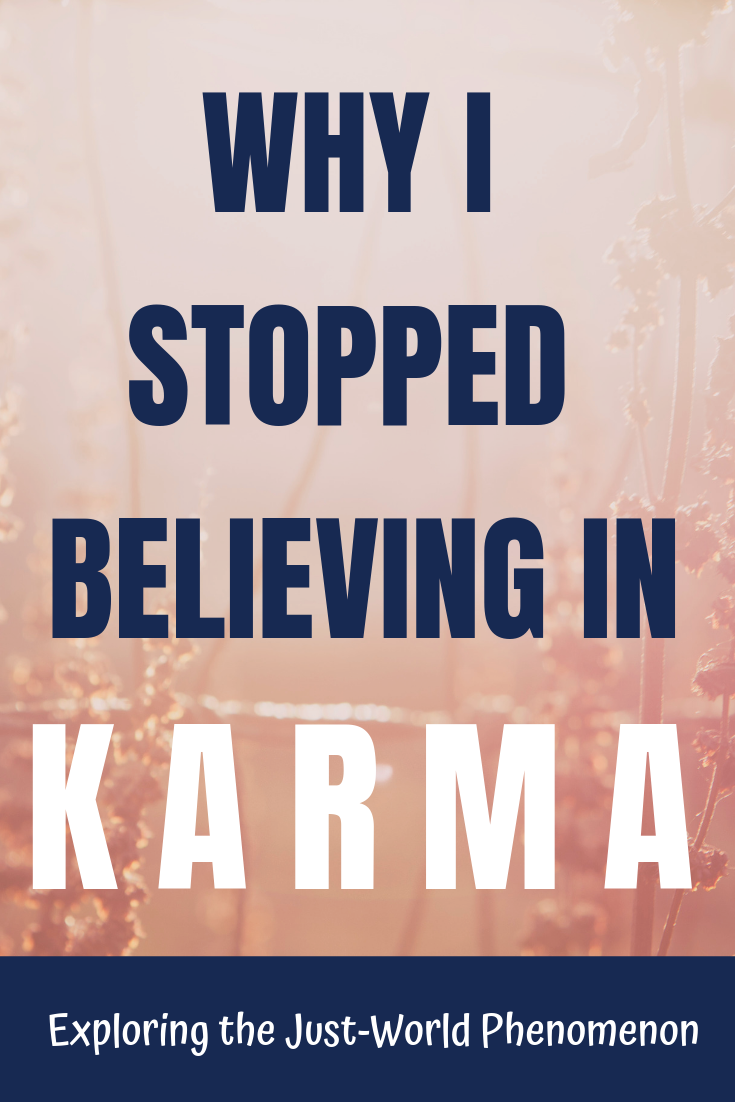
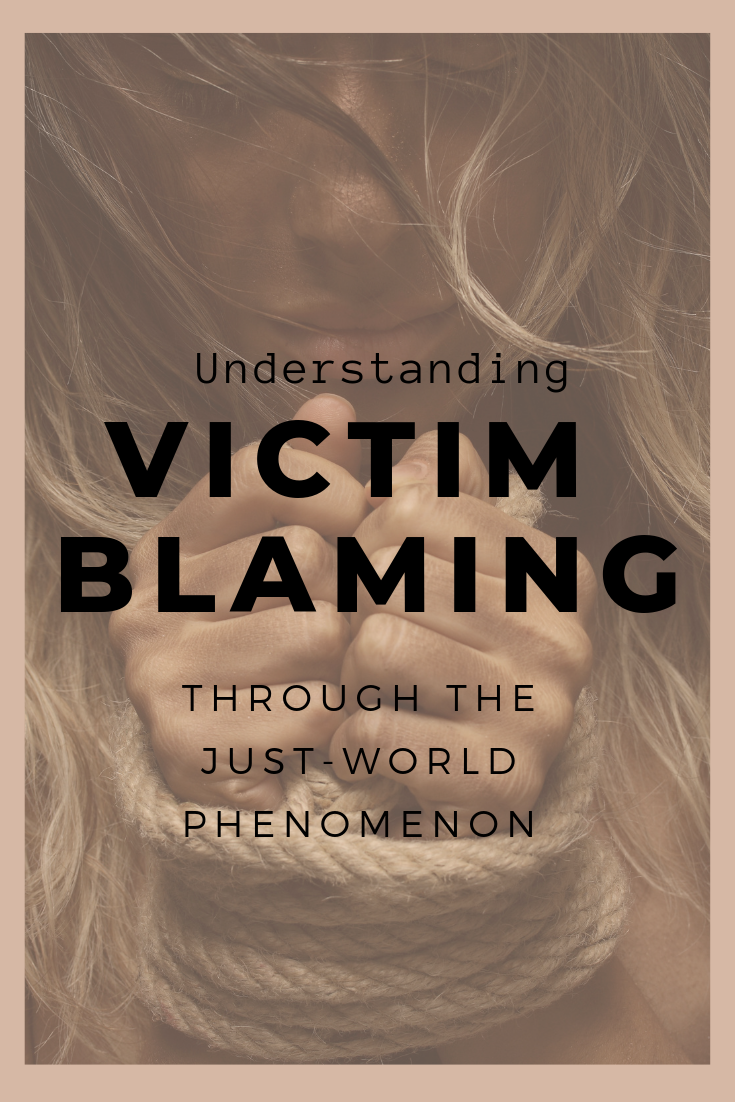
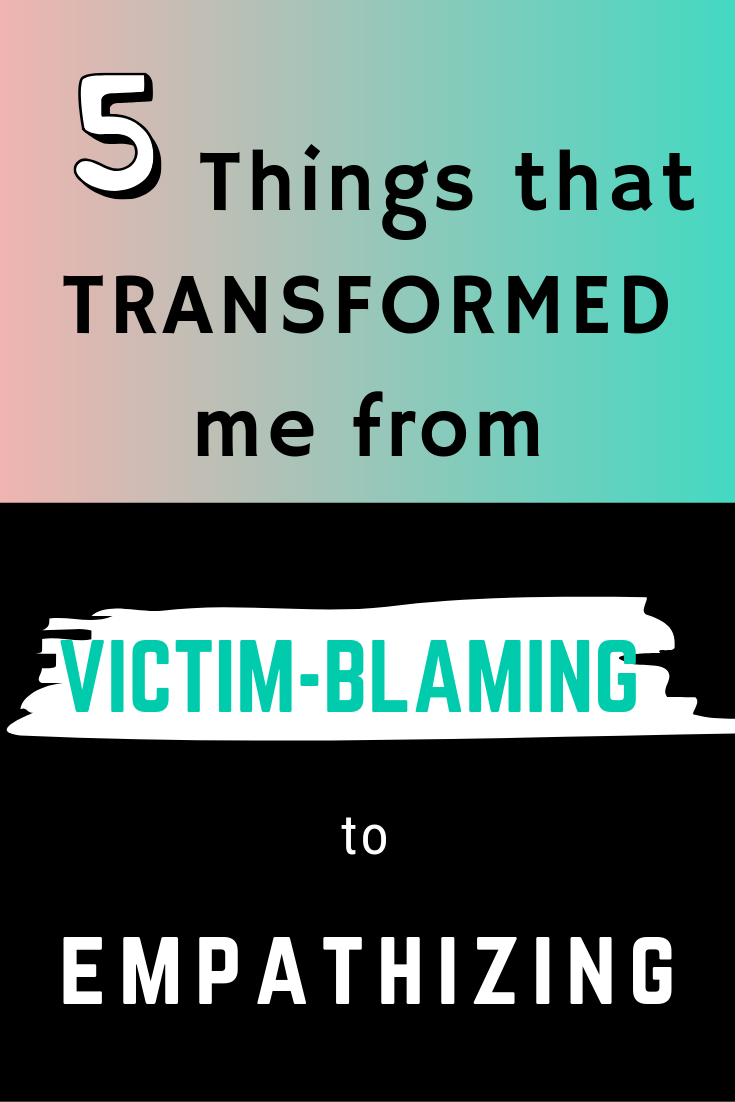
The Caveat
Of course, I do not excuse criminal behavior because of complicated environmental factors. People in every social class need to be held accountable for their actions. Everyone should still be taught a growth mindset and strive to gain control over their lives. However, simply telling them to think positively or try harder is not enough for entire classes of people to get out of poverty without some help.
Perhaps it is someone’s own fault that he is living in poverty or experiencing other hardships, but I would never truly know what factors were at play. Perhaps he was abused or neglected as a child; perhaps he had a close family member die or suffers from a traumatic brain injury. I will never know. Only God knows.
I by no means claim to be perfectly selfless. I’m not. It’s hard for me to think of others before myself. It’s hard not to blame others for their hardships. I hope you can forgive my imperfections and learn with me from Brené Brown who said,
Any assumption of perfectionism in other people is an empathic miss. Empathy is a hard skill to learn because mastery requires practice and practice means you’ll screw up BIG time more than once. But that’s how practice works.
Consider what privileges you’ve been given and message how you will try to use compassion rather than victim-blaming in this unjust world.
